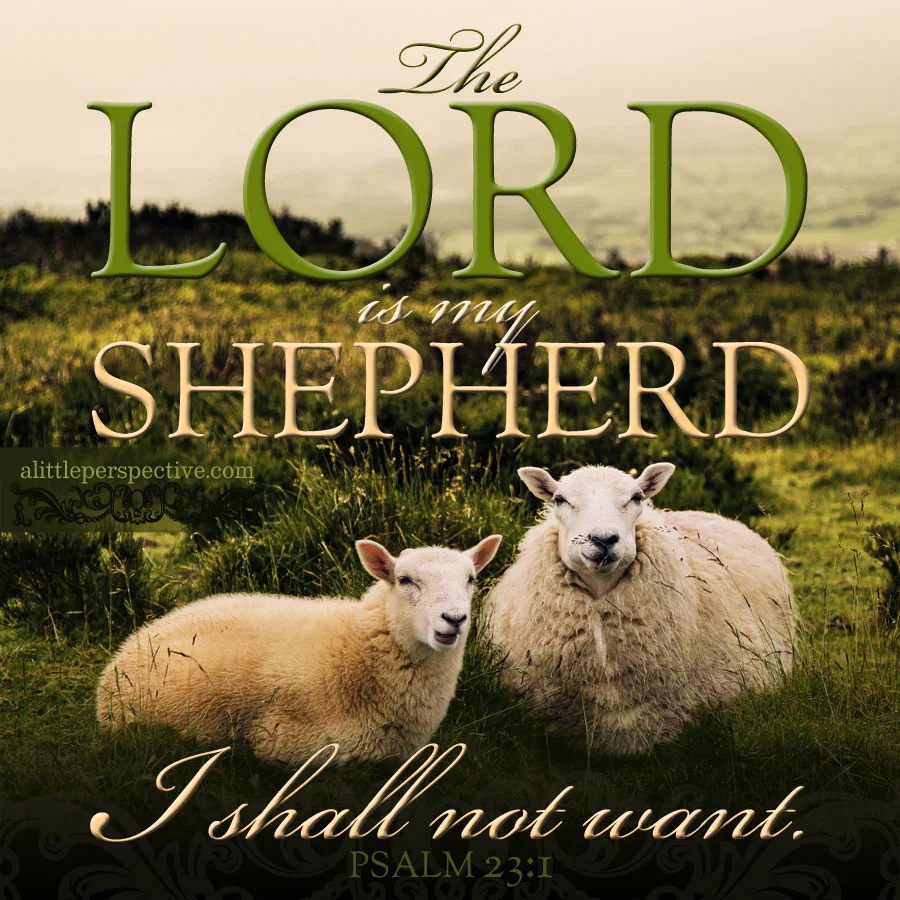Read Genesis 33:18-20 at Bible Gateway.
Hebrew paragraph division
Gen 33:18-20 {s} Jacob acquires property in Canaan + altar to Elohiym
Gen 33:18-20 chiastic structure
1a) Gen 33:18 And Jacob came in peace to the city of Shechem, which is in the land of Canaan, when he came from Paddan-aram; and encamped before the city;
1b) Gen 33:19a And he bought the parcel of ground, where he had spread his tent;
central axis) Gen 33:19b From the hand of the children of Hamor, Shechem’s father;
2b) Gen 33:19c For a hundred pieces of money;
2a) Gen 33:20 {s} And he erected there an altar, and called it El-elohe-Israel (Mighty God of Israel).
Because God was able to bring Jacob home in peace and safety, overcoming the enmity of Laban, and overcoming the enmity of Esau, he named the altar he erected, The Mighty God of Israel.
There is an interesting translation issue with Gen 33:18:
And Jacob came in peace to the city of Shechem … JPS, HBE
And Jacob came to Shalem, a city of Shechem … KJV
Then Jacob came safely to the city of Shechem … NKJV
In peace is in Hebrew, Strong’s 8004, shalem, a place name. It is used three times in the Hebrew Bible:
And Melchizedek king of Salem [Strong’s H8004] brought forth bread and wine: and he was the priest of the most high God. Gen 14:18
And Jacob came to Shalem, [Strong’s H8004] a city of Shechem, which is in the land of Canaan, when he came from Padanaram; and pitched his tent before the city. Gen 33:18
In Salem [Strong’s H8004] also is his tabernacle, and his dwelling place in Zion. Psa 76:2
Most Hebrew scholars agree it is a place name referring to Jerusalem.
However, it is also the same word as Strong’s H8003, shalem, an adjective, “complete,” from Strong’s H7999, a primitive root, shalam, to be whole, sound, or safe.
What causes Strong’s to identify Gen 14:18, 33:18, and Psa 76:2 as place names, and the many places H8003 occurs as adjectives? Is it simply context? I won’t know until I become a Hebrew expert (which I’m currently not).
The ancient pictographs for shalam are shin + lamed + mem:
shin = two front teeth, thus sharp, press, eat, two, again
lamed = the shepherd’s staff, thus teach, yoke, to, bind
mem = the water, thus chaos, mighty, blood
The Ancient Hebrew Lexicon says that the shin had been transposed from a sin, a thorn:
sin = the thorn, thus grab, hate, protect
Thus the word picture being painted is of the thorns (sin) which the shepherd (lamed) drew from the sheep, taking away from them that which was causing pain or trouble (mem), or of the thorns with which the shepherd surrounded the sheep, adding to them that which would prevent pain or trouble (for a shepherd surrounded the sheep fold with thorn bushes at night, in order to prevent predators from coming in among the flock).
So shalam means, taking away from, or adding to, whatever is necessary to make complete or whole. This word is also the root of shalom, the Hebrew word for peace or well being. This is why the lexicons say that to be perfect or complete means to be in a covenant of peace. Which we are in!
“Glory to God in the highest, and on earth peace, goodwill toward men!” Luk 2:14

















♡♡♡♡♡♡♡♡